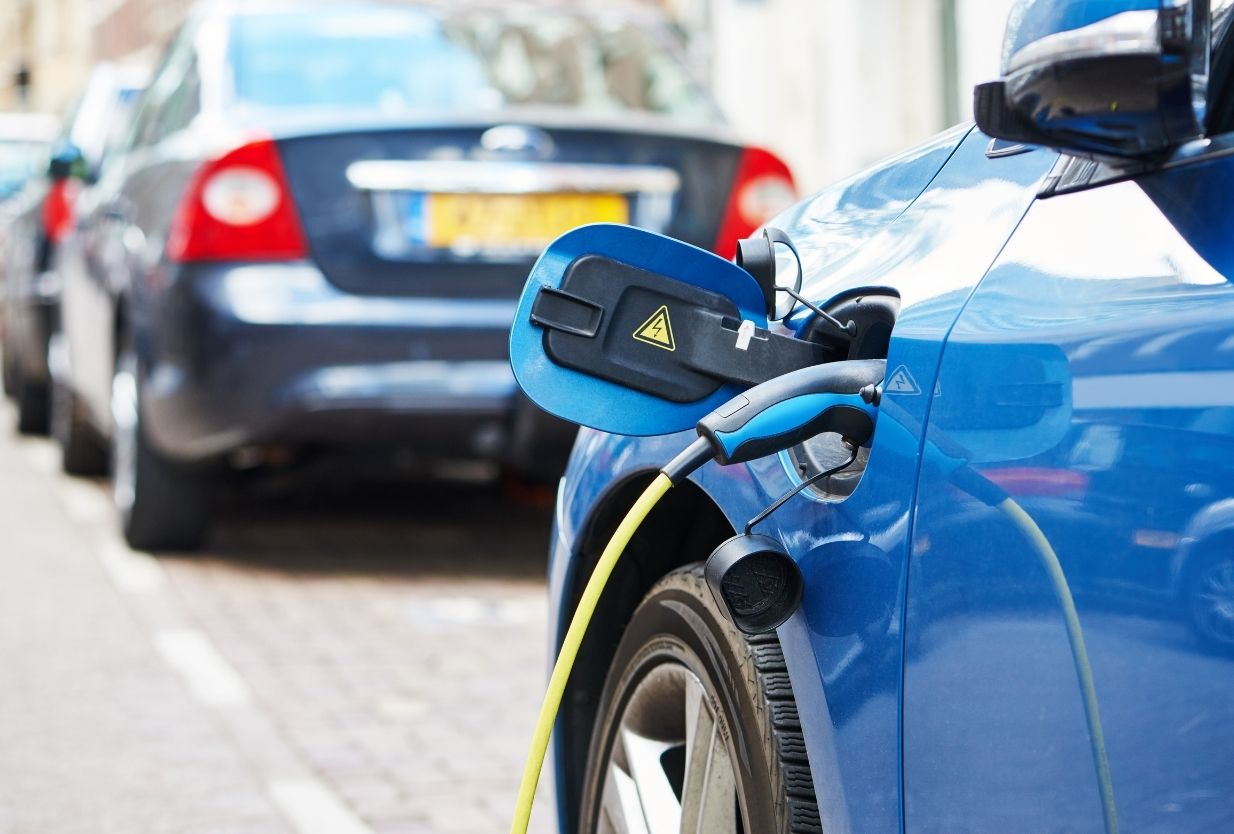According to the Office of Energy Efficiency & Renewable Energy, plug-in electric vehicles (also known as electric cars or EVs) can help keep your town and your world clean. In general, EVs produce fewer emissions that contribute to climate change and smog than conventional vehicles.
Life cycle emissions include all emissions related to fuel and vehicle production, processing, distribution, use, and recycling/disposal. For example, for a conventional gasoline vehicle, emissions are produced when petroleum is extracted from the ground, refined to gasoline, distributed to stations, and burned in vehicles. Like direct emissions, life cycle emissions include a variety of harmful pollutants and GHGs.
All vehicles produce substantial life cycle emissions, and calculating them is complex. However, EVs typically produce fewer life cycle emissions than conventional vehicles because most emissions are lower for electricity generation than burning gasoline or diesel. The exact amount of these emissions depends on your electricity mix, which varies by geographic location.
See original article here


